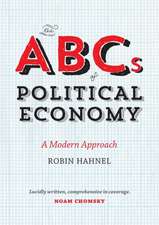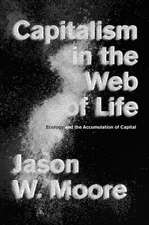Seize This Moment
Autor Lyndon H. Larouche Jren Limba Engleză Paperback
Preț: 66.01 lei
Nou
Puncte Express: 99
Preț estimativ în valută:
12.63€ • 13.17$ • 10.52£
12.63€ • 13.17$ • 10.52£
Carte disponibilă
Livrare economică 16-30 decembrie
Preluare comenzi: 021 569.72.76
Specificații
ISBN-13: 9781541233621
ISBN-10: 154123362X
Pagini: 72
Dimensiuni: 216 x 280 x 4 mm
Greutate: 0.19 kg
ISBN-10: 154123362X
Pagini: 72
Dimensiuni: 216 x 280 x 4 mm
Greutate: 0.19 kg
















